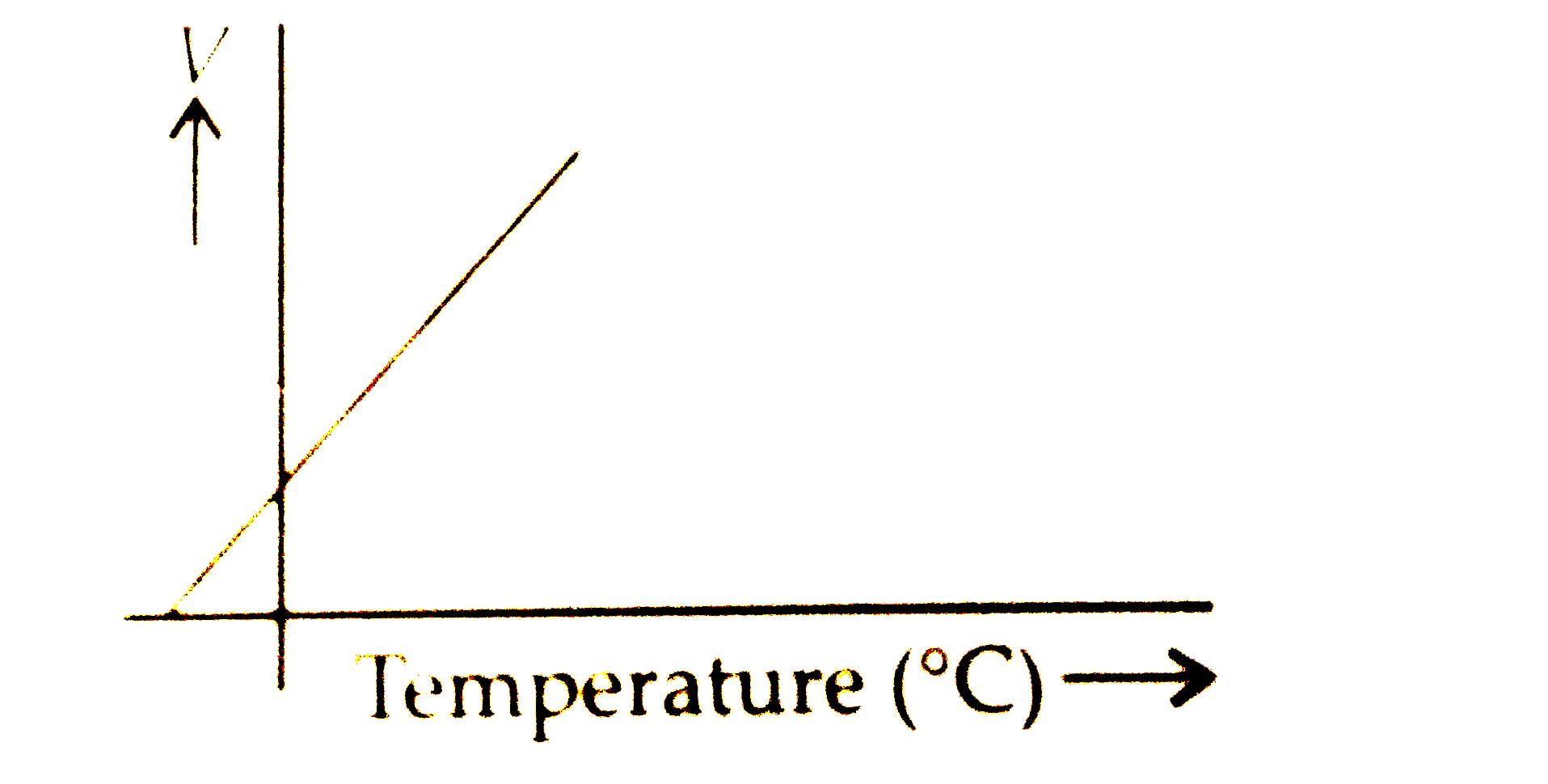Which of the following does not illustrate the anomalous behaviour of lithium ?
Lithium reacts with nitrogen to form a nitride.
Lithium is the hardest alkali metal.
Lithium reacts with oxygen to form normal oxide only.
Lithium carbonate decomposes on heating.
The correct Answer is:B
To determine which of the given options does not illustrate the anomalous behavior of lithium, we need to analyze each option in relation to the unique properties of lithium compared to other alkali metals.
1. Understanding Anomalous Behavior:
- Anomalous behavior refers to properties that are unique to lithium when compared to other alkali metals (sodium, potassium, rubidium, cesium).
2. Analyzing Option A:
- Statement: "Lithium reacts with nitrogen to form nitride."
- Analysis: This is an anomalous property because lithium can react with nitrogen to form lithium nitride (Li3N), which is not a common reaction for other alkali metals.
- Conclusion: This illustrates the anomalous behavior of lithium.
3. Analyzing Option B:
- Statement: "Lithium is the hardest alkali metal."
- Analysis: This is not an anomalous property. As we move down the group in alkali metals, the hardness decreases due to weaker metallic bonds. Lithium being the hardest is a trend observed in the group, not an anomaly.
- Conclusion: This does not illustrate the anomalous behavior of lithium.
4. Analyzing Option C:
- Statement: "Lithium reacts with oxygen to form normal oxide only."
- Analysis: This is an anomalous property because lithium forms only normal oxides (Li2O), while other alkali metals can form peroxides and superoxides.
- Conclusion: This illustrates the anomalous behavior of lithium.
5. Analyzing Option D:
- Statement: "Lithium carbonate decomposes on heating."
- Analysis: This is also an anomalous property. Lithium carbonate (Li2CO3) decomposes upon heating, while other alkali metal carbonates are stable under heat.
- Conclusion: This illustrates the anomalous behavior of lithium.
Final Answer:
The option that does not illustrate the anomalous behavior of lithium is B: Lithium is the hardest alkali metal.
---
- Anomalous behavior refers to properties that are unique to lithium when compared to other alkali metals (sodium, potassium, rubidium, cesium).
- Statement: "Lithium reacts with nitrogen to form nitride."
- Analysis: This is an anomalous property because lithium can react with nitrogen to form lithium nitride (Li3N), which is not a common reaction for other alkali metals.
- Conclusion: This illustrates the anomalous behavior of lithium.
- Statement: "Lithium is the hardest alkali metal."
- Analysis: This is not an anomalous property. As we move down the group in alkali metals, the hardness decreases due to weaker metallic bonds. Lithium being the hardest is a trend observed in the group, not an anomaly.
- Conclusion: This does not illustrate the anomalous behavior of lithium.
- Statement: "Lithium reacts with oxygen to form normal oxide only."
- Analysis: This is an anomalous property because lithium forms only normal oxides (Li2O), while other alkali metals can form peroxides and superoxides.
- Conclusion: This illustrates the anomalous behavior of lithium.
- Statement: "Lithium carbonate decomposes on heating."
- Analysis: This is also an anomalous property. Lithium carbonate (Li2CO3) decomposes upon heating, while other alkali metal carbonates are stable under heat.
- Conclusion: This illustrates the anomalous behavior of lithium.
The option that does not illustrate the anomalous behavior of lithium is B: Lithium is the hardest alkali metal.
Topper's Solved these Questions
- S-BLOCK GROUP 1 - ALKALI METALSBOOK - CENGAGE CHEMISTRY ENGLISHCHAPTER - S-BLOCK GROUP 1 - ALKALI METALSEXERCISE - Exercises Linked Comperension
20 Videos
- S-BLOCK GROUP 1 - ALKALI METALSBOOK - CENGAGE CHEMISTRY ENGLISHCHAPTER - S-BLOCK GROUP 1 - ALKALI METALSEXERCISE - Exercises Multiple Correct
34 Videos
- S-BLOCK GROUP 1 - ALKALI METALSBOOK - CENGAGE CHEMISTRY ENGLISHCHAPTER - S-BLOCK GROUP 1 - ALKALI METALSEXERCISE - Ex 4.1 (True/False)
1 Videos
- REDOX REACTIONSBOOK - CENGAGE CHEMISTRY ENGLISHCHAPTER - REDOX REACTIONSEXERCISE - Archives (Integers)
1 Videos
- S-BLOCK GROUP 2 - ALKALINE EARTH METALSBOOK - CENGAGE CHEMISTRY ENGLISHCHAPTER - S-BLOCK GROUP 2 - ALKALINE EARTH METALSEXERCISE - Ex 5.1 Objective
2 Videos
Similar Questions
Knowledge Check
Which of the following does not show the amomalous behaviour of lithium?
ALithium reacts with nitrogen to form a nitrideBLithium carbonate decomposes on heatingCLithium nitrate gives NO2 on heatingDlithium is the strongest reducing agent.
Which of the following does not exist ?
View SolutionWhich of the following does not illustrate the phenomenon of natural selection?
View SolutionWhich of the following does not illustrate the phenomenon of natural selection?
View SolutionWhich of the following are the correct reasons for anomlaous behaviour of lithium?
View SolutionAnomalous Behaviour Of Beryllium
View SolutionThe following graph illustrates

View SolutionAnomalous behaviour of oxygen is due to
View Solution
